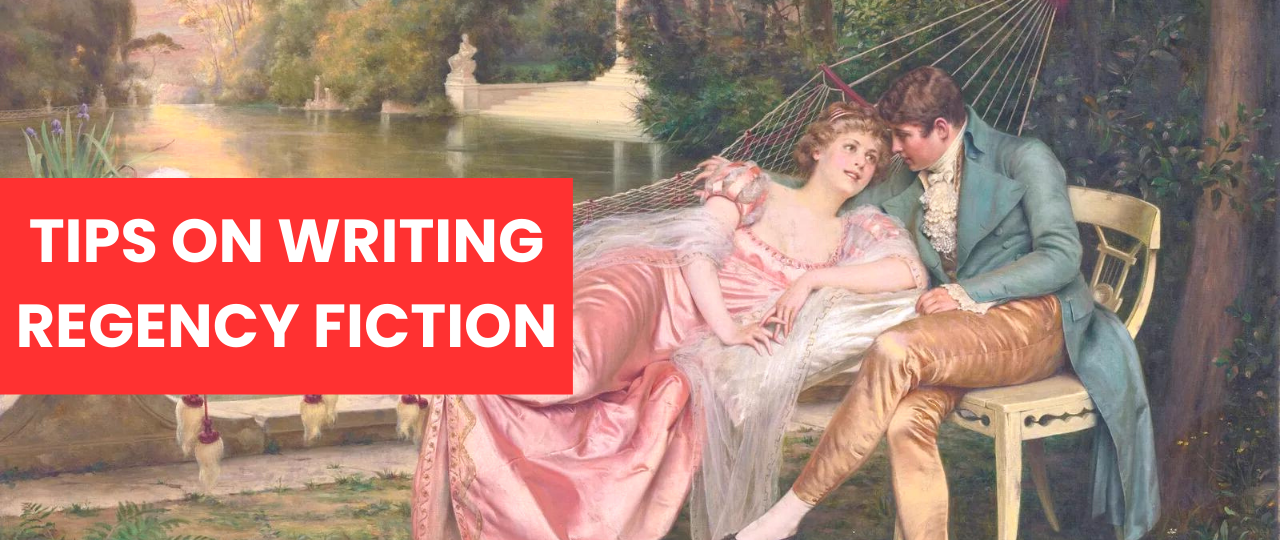Over the past three decades, an immense interest has been taken in novels that take place during the Regency period, i.e. the early 1800s in England. Today, Salty Vixen Stories & More provides guidance on how to write these types of novels.
The Regency period owes much of its current popularity to the works of Jane Austen. Her novels take place among the gentry, or landowning classes, and focus on marriage and family. The worlds of cinema, books, and universities have embraced Austen’s works as interesting and also lucrative. So, seeing that these types of books make money, Salty Vixen Stories & More here gives some amazing tips on how to write them.
Know the social hierarchy: This was the age of the Beau Monde, or Le Bon Ton (high society), and one’s social class was of critical importance. The social hierarchy, which was based on birth and family, ran as follows:
- King: the two main kings during this period were George III and George IV, though you can stretch it to include George IV’s successor, William IV
- Royal family: the Hanovers
- Aristocracy: this would include all people with titles, such as lord, lady, duke, etc
- Gentry: this social class is central to the story, and will include wealthy people without titles who own land. The character Mr. Darcy in Pride and Prejudice is at the upper levels of the gentry, as his aunt has the title of “Lady”
- Middle Class: England’s middle class at this time was small, and included educated people such as lawyers and bankers. They had money – sometimes more than members of the gentry — but they still had to work.
- Tradesmen
- House servants
- Common labourers
- Poor and destitute
Social mores: manners of speaking were very elegant, prim, and proper, and all actions had to fit into an acceptable code of conduct. Reading Austen’s novels will give you a strong insight into what was acceptable, but the key thing to remember is that people were painfully polite at all times and rarely showed emotion.
Sexuality: related to the above, novels about this era tend to be conservative about matters of the bedroom. Unless you are trying to be particularly different, love scenes stop at a kiss. Among the gentry – at least for the women – there is no sex before marriage. Walking in the garden together after sunset is essentially a prelude to an engagement.
The lives of people in this era and potential types of characters:
Male activities: the men of the gentry and aristocracy spent a fair amount of time outdoors. They engaged in horseback riding, hunting, and shooting. (This is why they always changed their clothes before coming to dinner.) When in London, men would spend much of their time at the Gentlemen’s Clubs, where they discussed England’s current war (usually against the French), smoked, and gambled.
Female pastimes: in contrast to their male suitors, women of the gentry spent most of their time indoors. Conversation was of primary importance, as was reading, studying languages, and learning one or more of the fine arts such as playing piano, drawing, or painting. It was a life of paltry concerns, and as a writer, you should be able to make conversations about the colour of a dress last over several pages.
Regarding types of characters, it is inevitable that there will be some stereotypes. The challenge for you is to take these generalities and twist them to make your tale unique – if indeed that is what you wish. Some standard characters are:
- The cold, wealthy aunt or grandmother who meddles with marriage decisions in the family
- The dashing soldier who has fought at Waterloo
- The match-making mother
- The father: often fond of eating and drinking, and distant from his daughters
- The daughter or daughters who are obsessed with getting married
- The sons: the eldest son inherited the property, the second and third went into the army or joined the upper ranks of the Church of England. University education was not popular.
One further tip: make sure to know all the styles of dress. Clothing was linked to social status at this time, and people spent a lot of time deliberating what to wear – and putting it on! Regency dress was extremely elaborate.
What other periods of history would you be excited to write about?




















